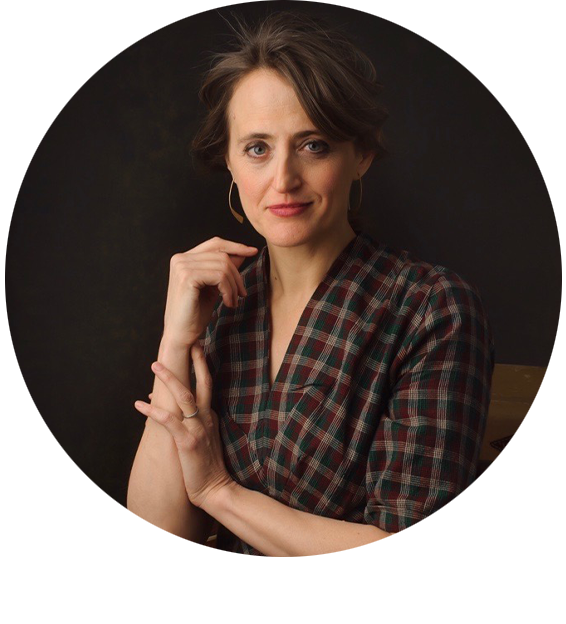Frank Schaeffer In Conversation with Writer, Anthropologist, and Performer Maggie Paxson, exploring her book, The Plateau, and the wartime music of The Bomb Shelter Cafe.
Refresh Page for Podcast
Connect with Maggie on Instagram.
Maggie Paxson is the author of The Plateau (Riverhead Books, 2019), which received the 2020 American Library in Paris Book Award for the "moral urgency of the questions it poses, for its ambitious efforts to connect France’s past to its present, for its big heart, poetic writing and genre-defying structure." The Plateau was described by Oprah magazine as "radiant" and by the Washington Post as "a loving combination of personal memoir, historical investigation, and philosophical meditation." A writer, anthropologist, and performer, Paxson is also the author of Solovyovo: The Story of Memory in a Russian Village (Woodrow Wilson Center/Indiana University Press, 2005), a study of magic, ritual, and social memory in the rural Russian north. Her essays have appeared in TIME, Washington Post Magazine, Wilson Quarterly, and Aeon. Fluent in Russian and French, she has worked in rural communities in northern Russia, the Caucasus, and upland France. Paxson holds a bachelor's degree in anthropology from McGill University, and a Master of Science and Ph.D. in anthropology, both from the University of Montreal. She performs as a singer with the Imperial Palms Orchestra, one of the East Coast's leading big bands, featuring music of the 1920s through the 1940s. She has also launched a series of participatory events that she calls “Bomb Shelter Cafés,” inspired by the music and collective art of embattled communities during the Second World War. She lives in Washington, DC, with her husband, writer and historian Charles King.
Winner of the American Library in Paris Book Award
Named a Best Book of 2019 by BookPage
During World War II, French villagers offered safe harbor to countless strangers—mostly children—as they fled for their lives. The same place offers refuge to migrants today. Why?
In a remote pocket of Nazi-held France, ordinary people risked their lives to rescue many hundreds of strangers, mostly Jewish children. Was this a fluke of history, or something more? Anthropologist Maggie Paxson, certainties shaken by years of studying strife, arrives on the Plateau to explore this phenomenon: What are the traits that make a group choose selflessness?
In this beautiful, wind-blown place, Paxson discovers a tradition of offering refuge that dates back centuries. But it is the story of a distant relative that provides the beacon for which she has been searching. Restless and idealistic, Daniel Trocmé had found a life of meaning and purpose—or it found him—sheltering a group of children on the Plateau, until the Holocaust came for him, too. Paxson’s journey into past and present turns up new answers, new questions, and a renewed faith in the possibilities for us all, in an age when global conflict has set millions adrift. Riveting, multilayered, and intensely personal, The Plateau is a deeply inspiring journey into the central conundrum of our time.
Learn More about The Plateau
Author Photo: Matt Mendelsohn

